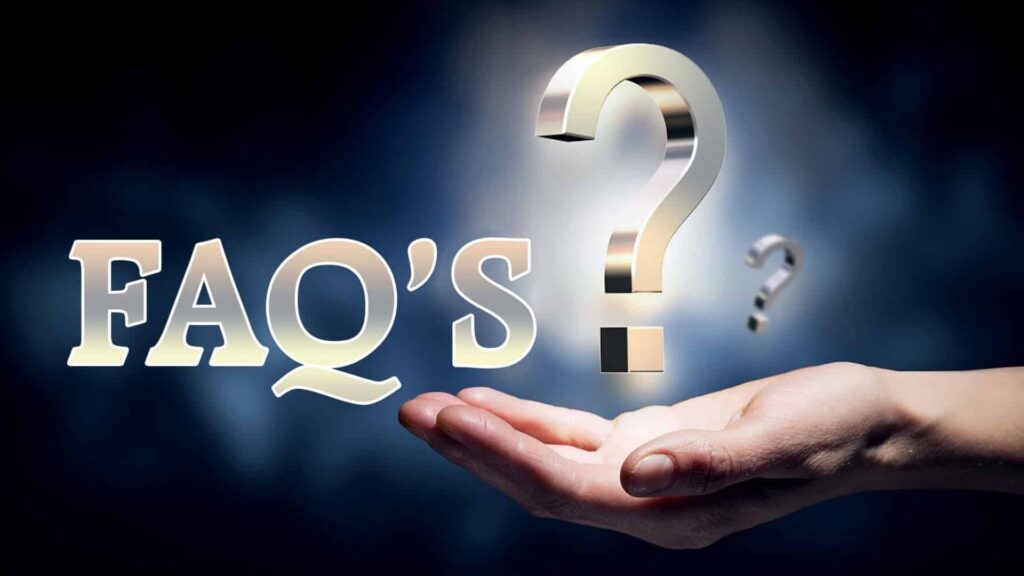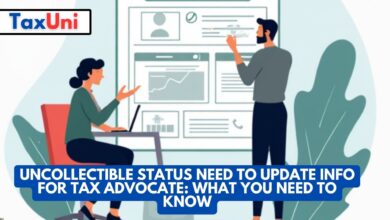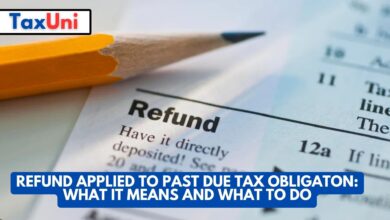State of Illinois Estimated Tax Payment

Contents
- Who Must Make Estimated Tax Payments in Illinois?
- When Are Illinois Estimated Tax Payments Due?
- How to Calculate Your Estimated Payments
- Exceptions to Making Estimated Payments
- How to Make Illinois Estimated Tax Payments
- Payment Methods
- Penalties for Late or Missed Estimated Payments
- Summary: Key Points to Remember
- FAQs
If you’re wondering about the state of Illinois estimated tax payment requirements, deadlines, and procedures, you’ve come to the right place. Illinois requires many individuals and businesses to make estimated income tax payments throughout the year to avoid penalties and interest. These payments are essentially “pay-as-you-go” installments based on your expected tax liability for the year. Whether you’re a self-employed individual, a business owner, or someone who doesn’t have enough tax withheld from your paycheck, understanding Illinois’ estimated payment rules is key to staying compliant with the Illinois Department of Revenue (IDOR). This article covers who must make estimated payments, how to calculate them, the quarterly due dates, exceptions, and the best ways to pay your Illinois estimated taxes for 2025.
Who Must Make Estimated Tax Payments in Illinois?
Individuals
You are required to make estimated payments if you reasonably expect your Illinois income tax liability for the year to exceed $1,000 after subtracting Illinois withholding, pass-through withholding, and applicable tax credits such as:
- Income tax paid to other states
- Illinois Property Tax Credit
- Education expense credits
- Volunteer Emergency Worker Credit
- Illinois Earned Income Tax Credit
- Pass-Through Entity Tax Credit
- Other applicable subtractions and credits on Schedule 1299-C
If your income is not subject to withholding or is only partially withheld, estimated payments help you avoid owing a large balance at tax time and potential penalties.
Businesses
- Corporations: Must make estimated payments if their Illinois Income and Replacement Tax plus surcharge liability is expected to exceed $400 for the tax year.
- S Corporations and Partnerships: Required to make estimated payments only if they elect to pay the Pass-Through Entity (PTE) tax and expect a tax liability over $500.

When Are Illinois Estimated Tax Payments Due?
To avoid penalties, estimated payments should be made in four equal installments on the following dates (for calendar-year filers):
- April 15
- June 15
- September 15
- January 15 of the following year
If any of these dates fall on a weekend or holiday, the deadline moves to the next business day.
Businesses filing on a fiscal year basis should adjust these dates to correspond to their fiscal year quarters.
How to Calculate Your Estimated Payments
Illinois provides Form IL-1040-ES, Estimated Income Tax Payments for Individuals, which includes a worksheet to help you calculate your estimated tax based on your expected income, withholding, and credits.
For corporations, the Estimated Payment Worksheet found in Appendix B of the IL-1120 Instructions helps determine the required payments.
If your income fluctuates during the year, you can use annualized installment methods (see Forms IL-2210 for individuals and IL-2220 for businesses) to calculate payments more accurately and avoid penalties.
Exceptions to Making Estimated Payments
Individuals
You do not have to make estimated payments if you:
- Are 65 years or older and permanently living in a nursing home
- Are a farmer with at least two-thirds of your federal gross income from farming
- Were not required to file an Illinois income tax return the previous year
Businesses
Corporations have no exceptions and must pay estimated taxes if their liability exceeds $400. S corporations and partnerships are exempt unless they elect to pay PTE tax and have a liability exceeding $500.

How to Make Illinois Estimated Tax Payments
Online
The easiest and fastest way to pay is through the Illinois Department of Revenue’s official portal, MyTax Illinois. You can:
- Make payments without creating an account by entering your Social Security Number, bank routing number, and payment details
- Or create/login to your MyTax Illinois account to manage payments and track balances
By Mail
You can also mail your payment with Form IL-1040-ES voucher. Make sure to send it well before the due date to avoid late penalties.
Payment Methods
Payments can be made via:
- Electronic funds withdrawal from checking or savings accounts
- Credit or debit card (note that convenience fees may apply)
- Check or money order (if mailing)
Always keep confirmation of your payment for your records.
Penalties for Late or Missed Estimated Payments
If you don’t pay enough estimated tax on time, Illinois may assess penalties and interest. However, you can avoid penalties if you pay at least:
- 90% of your current year’s tax liability, or
- 100% of your previous year’s tax liability in timely installments
If you miss a payment, it’s best to pay as soon as possible to minimize penalties.
Summary: Key Points to Remember
- Estimated tax payments are required for many Illinois taxpayers who expect to owe $1,000 or more after credits and withholding.
- Payments are due quarterly: April 15, June 15, September 15, and January 15 (next year).
- Use Form IL-1040-ES or corporate worksheets to calculate payments.
- Pay online via MyTax Illinois for convenience and speed.
- Avoid penalties by paying on time and meeting the 90%/100% safe harbor rules.
- Exceptions exist for certain individuals like farmers and seniors in nursing homes.

FAQs
Q: Who must make estimated tax payments in Illinois?
A: Individuals expecting to owe $1,000+ after credits and withholding, corporations with tax liability over $400, and certain pass-through entities electing PTE tax.
Q: When are Illinois estimated tax payments due?
A: April 15, June 15, September 15, and January 15 of the following year.
Q: How can I pay my Illinois estimated taxes?
A: Online via MyTax Illinois, by mail with Form IL-1040-ES, or by phone using a credit/debit card.
Q: Are there penalties for late estimated payments?
A: Yes, but you can avoid penalties by paying 90% of this year’s tax or 100% of last year’s tax on time.
Q: Can farmers or seniors avoid estimated payments?
A: Yes, if you’re 65+ living in a nursing home or a farmer with two-thirds of income from farming, you may be exempt.





